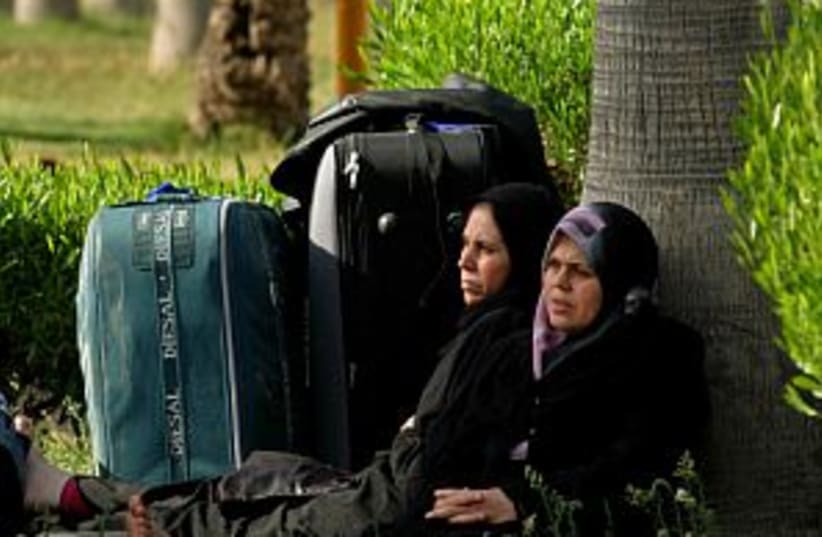| More about: | Israel, Rafah, James Wolfensohn, Rafah Border Crossing |
Mofaz hopes for Rafah checkpoint deal
Defense Minister to meet with PA officials to discuss customs and security.


| More about: | Israel, Rafah, James Wolfensohn, Rafah Border Crossing |